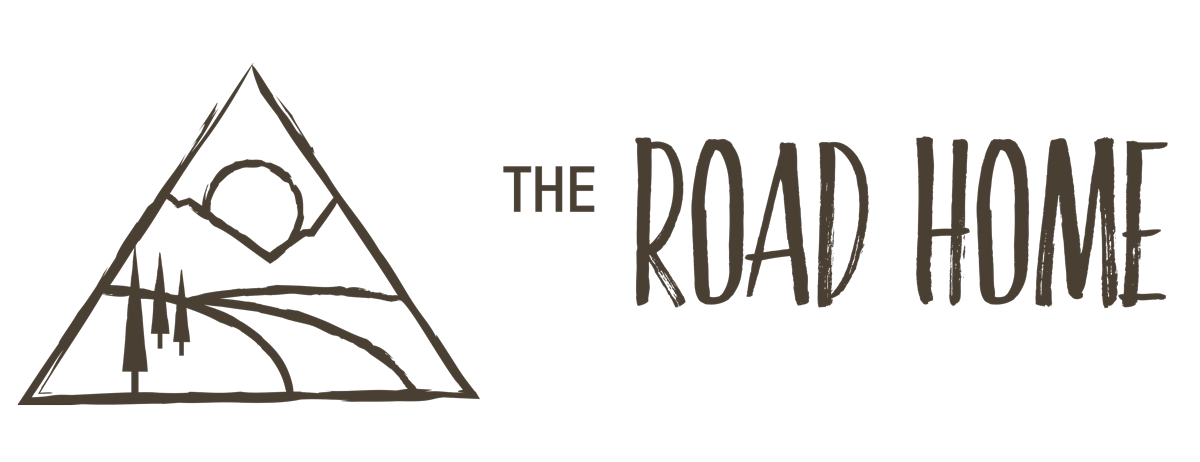How the Natural World Drew Me to the Medicine
“If, when we were young, we tramped through forests of Nebraska cottonwoods, or raised pigeons on a rooftop in Queens, or fished for Ozark bluegills, or felt the swell of a wave that traveled a thousand miles before lifting our boat, then we were bound to the natural world and remain so today. Nature still informs our years — lifts us, carries us.” –Richard Louv
I learned to ice skate behind a shovel as I was clearing snow off the pond behind my house. I planted an extensive herb and vegetable garden with my parents each spring. I spent the majority of my summer days exploring or building forts in the forest adjacent to my house with my brother. I gathered leaves and made wax paper pressings in the fall to carry the bright, crisp colors with me long into the winter.
I learned, on regular camping trips to the North Shore of Lake Superior with my family, how time spent in nature could reduce stress from the work or school week, re-regulate key body cycles such as the sleep-wake cycle, and increase both the degree of embodiment we felt and our ability to be truly present with each other. (No small feat, especially when my brother and I were teenagers. Or when dad couldn't get the screen tent to stay up.)
Though my path to Chinese medicine was a rather circuitous one, it was my relationship with the natural world that initially drew me to the medicine.
“Traditional Chinese doctors, the ancient sages, for their strict observance of natural phenomena, believed that respecting the natural world rather than combating it, adapting to its changes rather than forcing it to adapt to the human will, was the only way to attain harmony in the human body and the human spirit. Notions of medicine involved a profound understanding of natural phenomena; the way to prevent and cure illnesses was to mimic the process of nature herself, and to restore balance in the least disruptive manner possible.” – Jeff Conant, trans.

